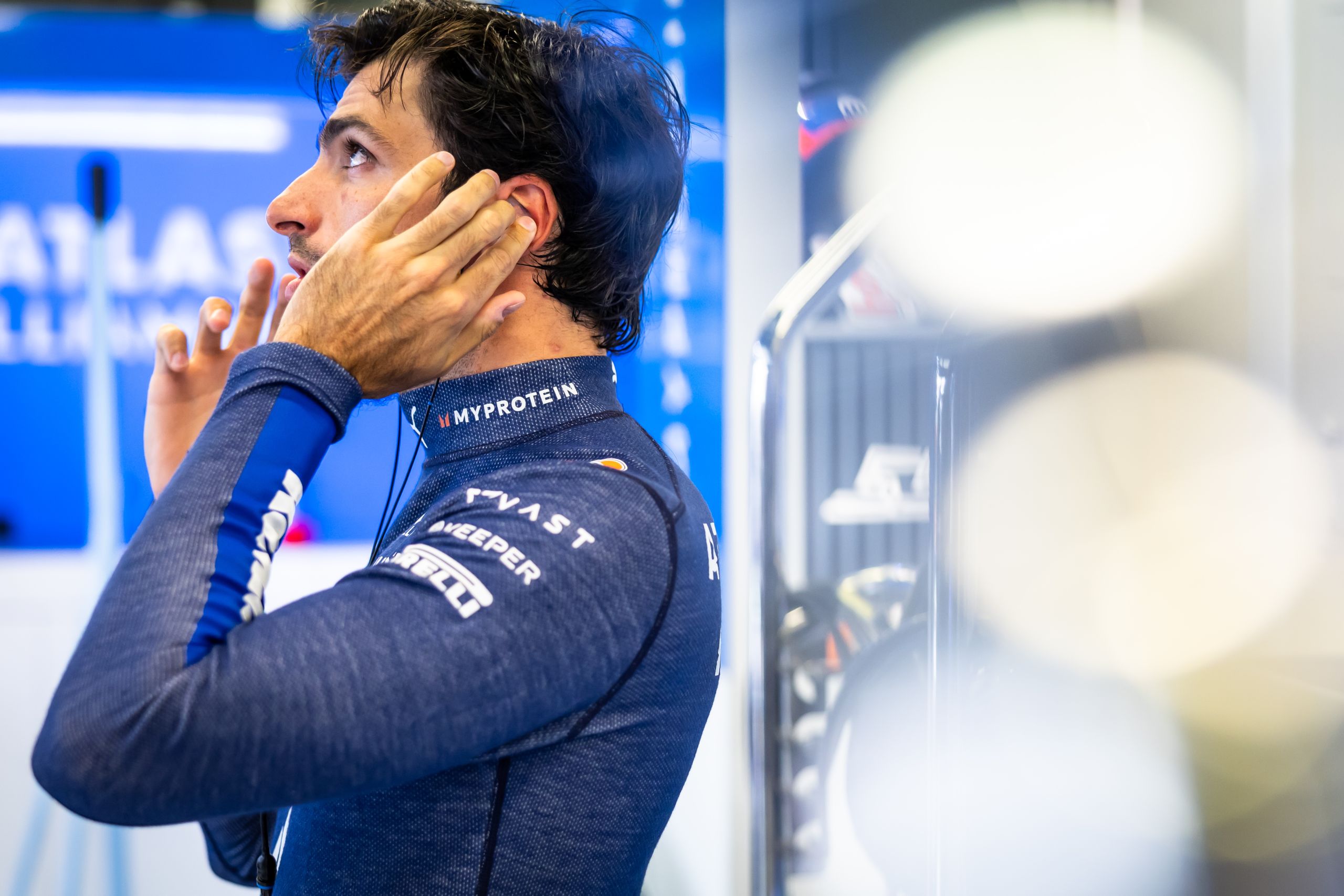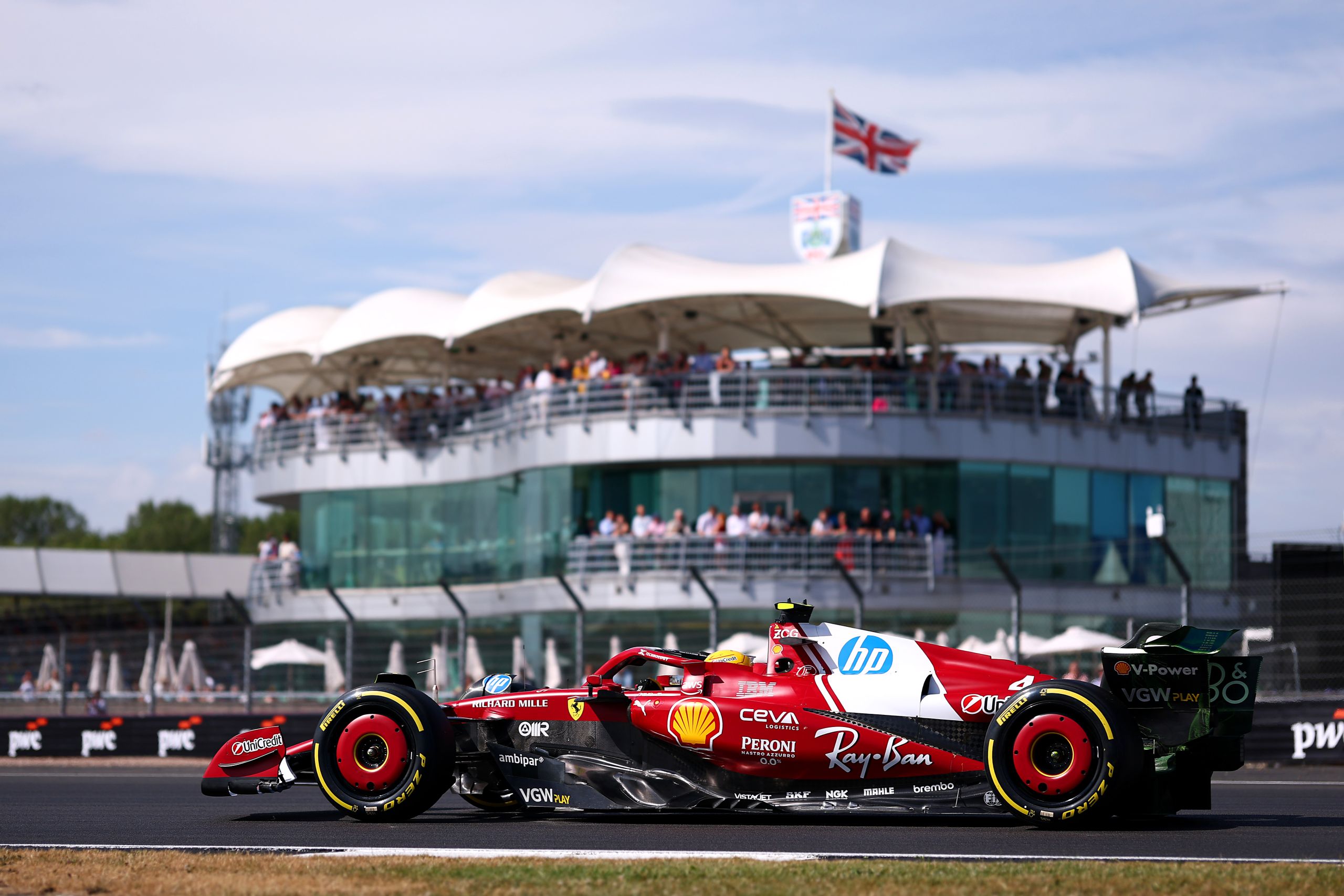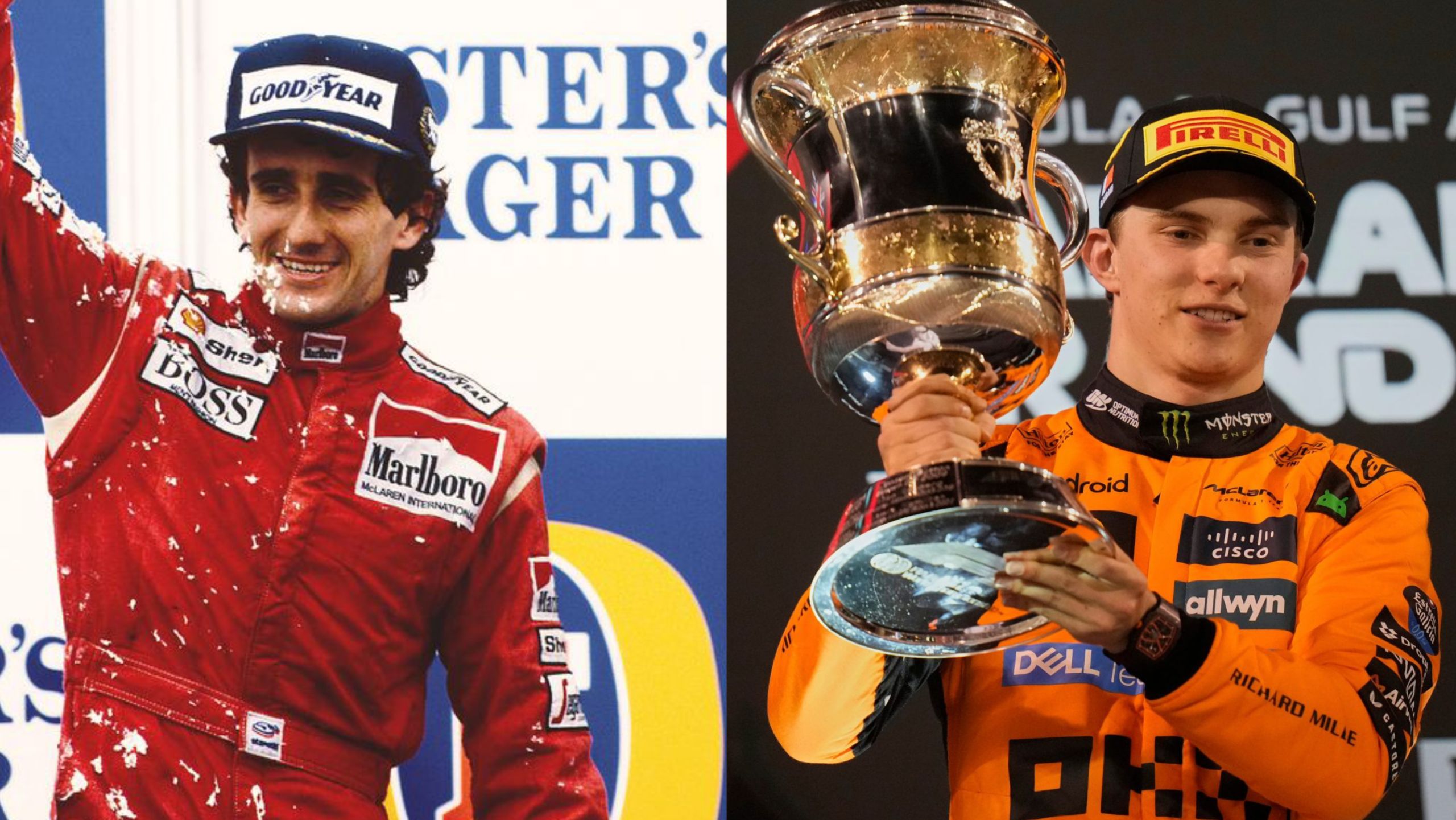Can You Buy An F1 Car?
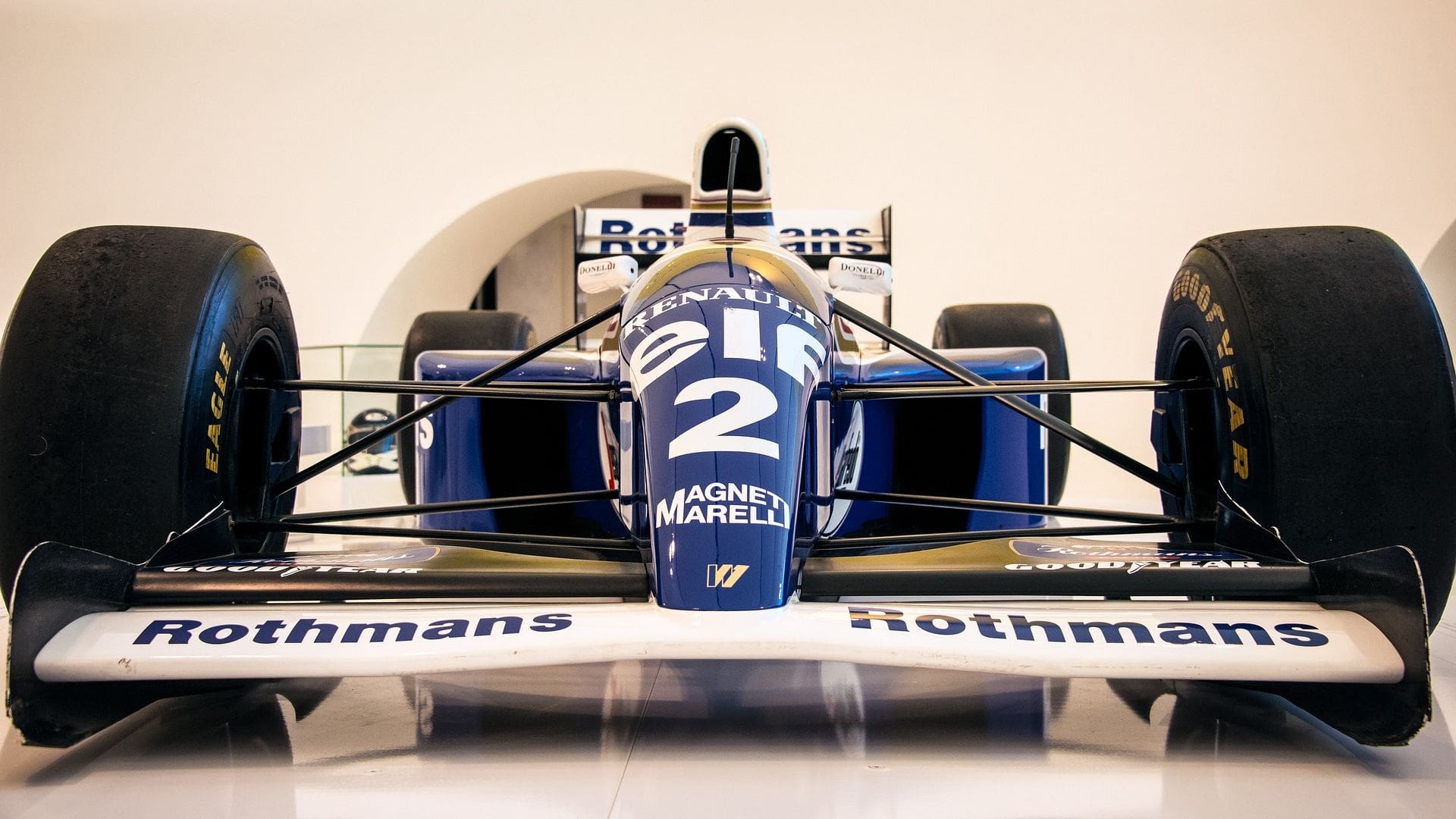
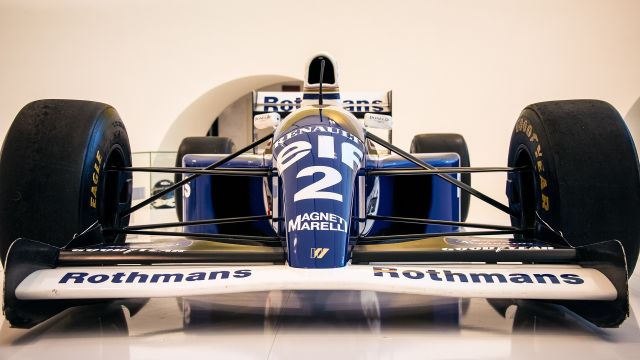
Have you ever watched a Formula 1 race and wondered ‘can you buy an F1 car?’ Well, you might be quite surprised to learn that you actually can buy a retired F1 car. It’s not as simple as walking into a dealership, but acquiring one of these pieces of F1 history can indeed become a reality for those with deep pockets and a passion for motorsports.
Purchasing a retired F1 car is typically done through auctions, specialist websites, or private sellers. The vehicles available are often older models that may not have claimed any championship titles or race wins, but they still come with a significant price tag. Factors such as the car’s history, the engine, and any association with famous drivers can greatly influence the overall cost.
Before you start daydreaming about cruising down the streets in your very own F1 car, keep in mind that these vehicles are not designed for daily use and will come with high maintenance costs. Nevertheless, if you have both the financial means and a deep love for Formula 1, owning a piece of racing history could be an exciting and rewarding experience.
How to Buy an F1 Car
F1 cars can be purchased from various sources such as auction houses, online auctions, and specialist websites. Private dealers may also have Formula 1 cars for sale. The prices for these impressive machines can range greatly. For example, show cars may cost tens of thousands while working cars driven by famous drivers could set you back millions of pounds.
Before you start looking for your dream F1 car, consider the following aspects:
- Cost: Purchasing an F1 car is expensive. Prices for these vehicles can start from five million euros for a race-used, working F1 car. Additionally, the maintenance of a Formula 1 car can be costly, given the high-performance components and bespoke engineering.
- Availability: Not all Formula 1 cars are available for public sale. Some may be in exclusive private collections or retained by the F1 teams themselves. As a result, you may need to be patient and persistent in your search for an F1 car.
- Legality: Keep in mind that F1 cars are designed for racing on closed circuits and are not be street-legal. Hence, consider where and how you intend to use the car before making a purchase.
Owning a Formula 1 car is possible, but it requires a considerable amount of financial investment and effort. As a passionate enthusiast, this unique opportunity to own a part of motorsport history could be the thrill of a lifetime…
Ownership Costs and Maintenance
When considering the purchase of an F1 car, it is important to be aware of the substantial ownership costs and maintenance requirements associated with these high-performance machines.
Your initial investment can range from tens of thousands to several million dollars, depending on the car’s usage, condition, and capabilities. For example, F1 show cars may sell for around $100,000, while race-used F1 cars can reach prices of five million Euros or more. Bear in mind that these numbers can vary significantly with each individual F1 car on sale.
Beyond the purchase price, you must also factor in the cost of car parts for maintaining and operating an F1 car. Maintenance involves skilled F1 team mechanics and expert personnel to ensure the car remains in top condition. For instance, a new engine alone could set you back up to $10.5 million, with ongoing maintenance costs on top of that.
Before your Formula One car hits the tracks, you will also need to consider the expense of replacing essential parts. For example:
- Fuel System: While a standard BMW 3-series fuel system could be replaced by a dealership for around $2000, a Scuderia Ferrari fuel system could cost 50 times that, at approximately $100,000.
- Clutch: A new F1 clutch should be replaced every two years (regardless of usage) at a cost of around $15,000.
Remember that these figures are only estimates and can vary depending on the specific F1 car you own. So, as you research and gather more information about the F1 car you are interested in, ensure that you carefully consider the ownership costs and maintenance requirements associated with such an impressive piece of machinery.
Then there are other factors to consider, such as where to keep your prized possession. For example, if you purchased a car used by former Red Bull Racing driver Mark Webber, then you would need to factor in transporting the car to Australia and car storage Melbourne costs on top of the initial purchase price.
Historic and Retired F1 Cars
If you’re interested in owning a piece of F1 history, you’ll be pleased to know that it is indeed possible to buy historic and retired F1 cars. In this section, we’ll explore two primary ways of acquiring these motorsport treasures: auctions and private car sales, as we delve into the collector’s market…
Auctions and Private Sales
Auctions are one of the most popular avenues for purchasing historic F1 cars. Renowned auction houses and specialist websites often feature an array of race-used and retired F1 cars, allowing you to place bids and compete with other enthusiasts. Private sales, on the other hand, involve purchasing a car directly from its owner, often through specialised platforms or contacts within the motorsport community.
When searching for F1 cars, consider starting with these resources:
- F1 Authentics
- Motorsport Auctions
- Race Cars Direct
Collector’s Market
In the collector’s market, you’ll come across a diverse range of F1 cars, spanning various eras, constructors, and drivers. While it’s unlikely that you’ll find the latest championship-winning cars available for purchase, you can still find older models or those driven by less prominent racers.
Keep in mind that these historic F1 cars usually come with hefty price tags, often exceeding £100,000. Moreover, acquiring an F1 car is just the beginning – maintaining and running it requires considerable financial investment and technical expertise.
As you enter the captivating world of historic and retired F1 cars, be prepared for the excitement, challenge, and reward that ownership brings. Remember to thoroughly research your options and consult with experts to ensure you choose the right vehicle for your collection.
Watch: Where do you buy Formula 1 cars?
Road-Legal F1 Cars
Limited Production Models
While owning a genuine Formula 1 car for road use might seem like an impossible dream, there are a few rare examples of limited-production vehicles inspired by F1 cars. One such example is the Mercedes-AMG Project ONE, which essentially mirrors a road-legal F1 car. By incorporating the 1.6-litre V6 engine from a Mercedes F1 car, this unique vehicle offers an unparalleled driving experience.
These limited-production models, such as the Project ONE, provide you with the closest feeling to driving an actual Formula 1 car on public roads. However, due to their exclusivity, it could be quite challenging to acquire one of these vehicles.
Conversions and Modifications
Another path to owning a road-legal F1 car is through conversions and modifications of existing vehicles. Innovative engineers and automobile enthusiasts have taken on the challenge to transform F1 cars or F1-inspired vehicles into road-legal machines. One example is the street-legal F1 car created by Lola engineers as a result of a bet. They were able to modify an F1 car slightly, including adjusting the ride height, to make it road-legal.
Additionally, there are individuals like Russell Bost who create completely custom, homemade, street-legal F1-inspired cars for purchase. While these vehicles may not be authentic Formula 1 cars, they still reflect the essence and spirit of the racing world.
In conclusion, while acquiring an actual Formula 1 car for road use might be a far-fetched dream, there are still ways to drive a road-legal F1-inspired vehicle. Whether through limited production models or custom conversions and modifications, you too can enjoy the thrill of driving an F1-like vehicle on public roads.
F1-Inspired Road Cars
In your search for an F1 car, you may come across F1-inspired road cars that offer a unique driving experience. These vehicles often feature collaborations with car manufacturers, and boast impressive performance and aesthetics.
Collaborations with Car Manufacturers
Several car manufacturers have partnered with Formula 1 teams to create road-legal cars with F1-inspired designs and technology. Some noteworthy examples include:
- Mercedes-AMG Project ONE – This incredible vehicle uses a powertrain similar to the W08 F1 car, providing unprecedented fuel efficiency levels in a road-legal package.
- McLaren F1 – One of the most iconic supercars and hypercars, this model was inspired by McLaren’s success in Formula One from 1988 to 1991.
- Renault Twizy – While not an official F1 car, Oakley Design’s take on the Renault Twizy features elements inspired by the high-performance Renault Twizy F1 concept revealed in 2013.
Performance
F1-inspired road cars strive to deliver a similar level of performance to their race-track counterparts. To achieve this, manufacturers often incorporate advanced engineering techniques and materials, resulting in cars that boast:
- Powerful engines
- Lightweight construction
- Aerodynamic designs
These features contribute to the thrilling driving experience that F1-inspired road cars are known for, and make for some exhilarating machines.
Aesthetics
Aside from performance, F1-inspired road cars also incorporate the visual appeal of Formula 1 cars. Design elements often include:
- Distinctive aerodynamic bodywork
- F1-style front and rear wings
- Exquisite interiors that pay tribute to F1 cockpits
These carefully crafted details elevate the look of the cars, making them stand out on the road and capturing the essence of F1 racing.
How to Drive an F1 Car Legally
If you’re passionate about Formula 1 and dream of driving an F1 car, you’ll be delighted to know several legal ways exist for you to get behind the wheel of these powerful machines. In this section, we will discuss Track Days, F1 Experiences, and Courses.
Track Days
Track days are events where you can take your vehicle, including F1 cars, to a race circuit and drive it at high speeds in a controlled and safe environment. While most track days cater to standard road cars, there are some dedicated track days specifically for single-seater race cars like F1 vehicles. To participate, you’ll need to:
- Find a track day event that accommodates F1 cars
- Ensure your F1 vehicle meets the required safety standards
- Prepare for any additional costs, like insurance and transportation
Once you have everything in place, you can enjoy taking your F1 car for a spin on the track and pushing its limits legally.
F1 Experiences and Courses
F1 Experiences offer you the opportunity to drive an actual F1 car on a professional race track. Companies such as GP Experience provide various packages where you can enjoy three laps in a real F1 car. While these experiences can be pricey, they’re a fantastic way to learn more about Formula 1 driving and get a taste of the adrenaline rush. Ensure you:
- Choose a reputable company providing F1 driving experiences
- Check the requirements and costs for the experience
- Book your slot well in advance
Additionally, you can enrol in a specialised driving course that teaches you how to drive and handle F1 cars. These courses usually involve a combination of classroom and track sessions, covering essential topics such as race car dynamics, braking, cornering, and safety precautions.
So go ahead and explore these options to fulfil your dream of driving an F1 car legally and safely!
Can You Buy An F1 Car? – Key Takeaways
In the end, it is indeed possible for you to purchase a retired or race-used F1 car. These unique vehicles can often be found through auctions, specialist websites, or by connecting with current owners. However, keep in mind that these cars carry a hefty price tag – a car once driven to victory by a World Champion such as Michael Schumacher, Ayrton Senna or Lewis Hamilton would cost considerably more than say the Alfa Romeo show car for Valtteri Bottas.
When considering an F1 car for track day usage, remember that safety is paramount, and these cars are not designed for road use. Additionally, the availability and cost of engines will greatly influence the overall market value of the F1 car you’re interested in. In some cases, you may find that buying just the chassis might be the more cost-effective solution.
Lastly, while investing in a retired F1 car may not yield significant financial gains, collectors and motorsport enthusiasts alike can take pleasure in the opportunity to own a piece of racing history. Just remember to factor in maintenance and storage costs when evaluating your options. Happy shopping!
You may also like…
What Happens To Old Formula 1 Cars?
How Much Does A Formula 1 Car Cost?
Can You Buy An F1 Car? – FAQs
Can anyone buy an F1 car?
Yes, anyone can technically buy an F1 car. However, the cost of buying one and maintaining it can be prohibitive for most people.
How much does an F1 car cost?
The cost of an F1 car can vary depending on the team and the year it was built. On average, a new F1 car can cost between $10 million and $20 million. However, some teams have sold older F1 cars for less than $1 million.
Can you drive an F1 car on public roads?
No, F1 cars are not street legal and cannot be driven on public roads. They are designed specifically for racing on closed circuits.
Can you race an F1 car in amateur races?
No, F1 cars are strictly regulated and can only be raced in official F1 races. However, some teams offer track day experiences where customers can drive F1 cars on a closed circuit.
Can you buy F1 car parts?
Yes, some F1 teams sell parts from their older cars to collectors and enthusiasts. However, the cost of these parts can be high and they may not be compatible with other cars.
How much does it cost to maintain an F1 car?
The cost of maintaining an F1 car can vary depending on the team and the year it was built. On average, it can cost between $1 million and $5 million per year to maintain an F1 car. This includes the cost of spare parts, transportation, and security.


